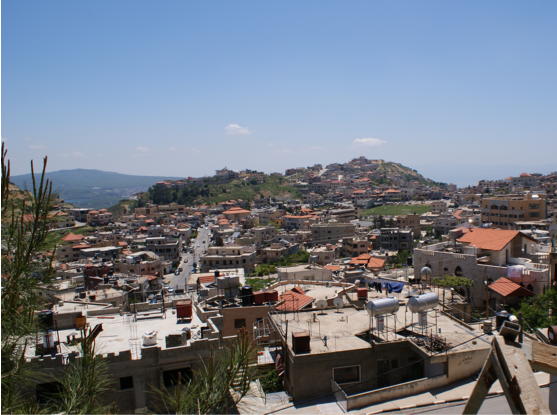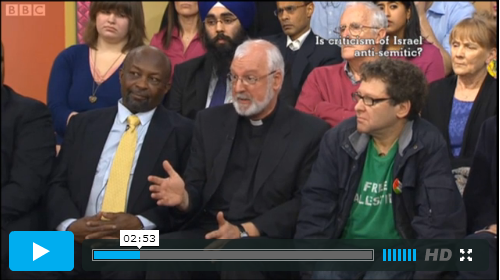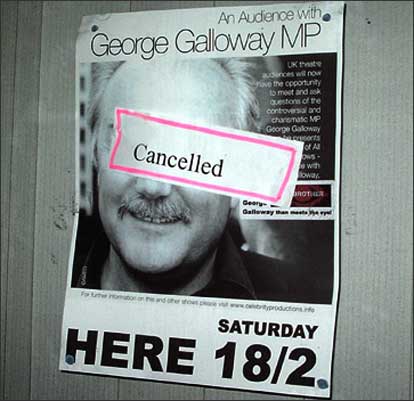Almost two years ago, in January 2011, the veteran former BBC news-reader Peter Sissons wrote an article in the Daily Mail about what he termed the BBC ‘mindset’. In it, he stated:
“At any given time there is a BBC line on everything of importance, a line usually adopted in the light of which way its senior echelons believe the political wind is blowing. This line is rarely spelled out explicitly, but percolates subtly throughout the organisation.
Whatever the United Nations is associated with is good — it is heresy to question any of its activities. The EU is also a good thing, but not quite as good as the UN.”
Such an attitude perhaps goes some way toward explaining the BBC UN correspondent’s resounding silence on the fact that during the past year the UN General Assembly has passed twenty two resolutions singling out Israel for criticism – and only four on the rest of the world combined.
Notably ignored by the BBC is the fact that on December 18th – when no fewer than nine anti-Israel resolutions were passed in one day – one of those resolutions called for the Golan Heights to be returned “forthwith” to Syrian control.
As the Executive Director of UN Watch, Hillel Neuer, noted:
“At a time when the Syrian regime is massacring its own people, how can the U.N. call for more people to be subject to Assad’s rule? The timing of today’s text is morally galling and logically absurd.”
As the situation in Syria continues to deteriorate, the 20,000 or so Druze residents of the Golan Heights privately express great concern for the fate of their family members in Syria, with applications for Israeli citizenship (to which they have been entitled since Israel annexed the Golan in 1981) reaching an all-time high in recent months. 
“I believe this trend will only increase,” a Mas’ade resident who holds Israeli citizenship told the paper. “More and more people comprehend that this [Israel] is a well-managed country and it’s possible to live and raise children here. It is preferable to turning into refugees in another country.”
“In Syria there is mass murder, and if [the Druze are] under Syrian control they would likely be turned into the victims of these atrocities. People see murdered children and refugees fleeing to Jordan and Turkey, lacking everything, and ask themselves: Where do I want to raise my children. The answer is clear — in Israel and not Syria.”
The 2,000 or so Alawite residents of Ghajar, which also came under Israeli control in 1967, already have Israeli citizenship and they are certainly no strangers to arbitrary UN declarations made thousands of miles away with absolutely no relevance to the situation on the ground. As members of the minority sect to which the Assad family also belongs, one can only guess their fate were their village to be returned to Syrian control “forthwith”.
None of these aspects of that UN GA resolution and others were reported by the BBC’s UN correspondent. She did – however- manage to put out the following Tweet:
A BBC which avoids engaging in critical thinking regarding the anti-Israel obsession of the UN and hence promotes a trite, one-dimensional view of the Middle East cannot but fail in its task to increase its audiences’ understanding of the region and the complexities of the issues its residents face.





